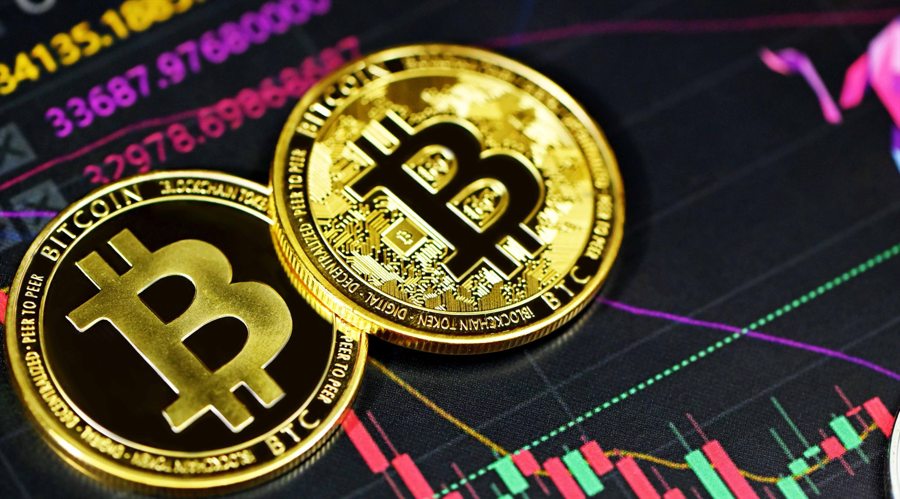Geopolitical
events are not uncommon in the global financial scene, and they frequently
cause rippling effects in traditional markets. Bitcoin and cryptocurrencies
have arisen as an alternative asset class in recent years, and their response
to geopolitical turbulence has garnered substantial attention. We investigate
how Bitcoin and cryptocurrencies have historically performed during
geopolitical events and whether they exhibit features that distinguish them
from traditional investments during times of uncertainty.
Bitcoin: The
Digital Gold Story
Bitcoin, also
known as “digital gold,” has gained popularity as a potential
safe-haven asset during geopolitical crises. According to this narrative,
Bitcoin is analogous to gold in that it may be used as a store of value and a
hedge against economic volatility.
Historically,
when international tensions rise or traditional markets face difficulty,
Bitcoin’s price fluctuates. Some investors and analysts feel this demonstrates
its growing importance as a risk-off asset. During such occasions, investors
looking for alternatives to traditional financial instruments may turn to
Bitcoin to diversify their portfolios.
Geopolitical
Unrest’s Impact on Bitcoin: A Closer Look
The ongoing
Middle East conflict is sending ripples through the crypto market. The war’s
extension into its fourth day has raised concerns about Bitcoin and other
riskier assets.
Global market
worries focus on the potential expansion of the conflict to nearby
oil-producing countries, keeping investors on edge. This uncertainty has
already affected the crypto market, causing a 2% dip on Monday due to surging
oil prices and concerns about international trade.
Despite this,
there’s a ray of hope for cryptocurrencies, which have shown early signs of
resilience. Notably, they weathered the storm after previous geopolitical
shocks, such as the aftermath of the U.S. imposing sanctions following Russia’s
invasion of Ukraine in March of the previous year.
It’s essential
to consider that Bitcoin and other digital assets can be significantly
influenced by geopolitical conflicts. During such events, investors often turn
to traditional safe havens like gold, while cryptocurrencies, seen as riskier,
may face temporary setbacks.
Monitoring oil
and energy markets can provide insights into Bitcoin’s future trajectory.
Rising oil prices can trigger equity sell-offs and heighten expectations of
tighter monetary policy, presenting risks to both Bitcoin and the…
























